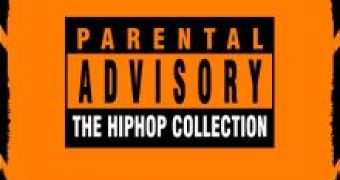"There is still a lot of prejudice against black vernacular English. People tend to assume it's illogical and ungrammatical, but there is a system there and a grammar that you can describe. Rap music may be ear torture for many people, but for linguists, this is what makes us really excited", said Dr. Darin Howe, a linguistics professor at University of Calgary.
In a recently published book, Aspects of English Negation edited by Yoko Iyeiri, Howe writes a chapter on how black Americans use the negative in informal speech, and cites examples from hip hop artists such as Phonte, Jay Z and Method Man. Howe is one of the few academics in the world to take a scholarly look at the language of hip hop.
Howe specifically focused on the use of the word 'ain't' and on the phenomenon of double or even multiple negations, which are usually avoided in English. "When you have multiple negation it seems really confusing, and what happens in black English is that the negation extends across multiple clauses."
For example, Howe quotes Tupac Shakur as saying, "It's like can't nobody never get confused and think I'm like Mike Tyson." This means that no one could confuse Tupac with Mike Tyson. The word "ain't" isn't used only as a replacement for "isn't". It is also sometimes used as replacement for "didn't". For example 'I didn't see him' may become, 'I ain't see him.'
"However, black English speakers know that you should only do this for about half the time," Howe says. "White hip hop artists try to imitate black speech, and for the most part they do a decent job, but when they don't have the rules down it becomes noticeable."
One of the intriguing conclusions that Howe draws is that there is an accelerating divergence in the speech dialects of whites and blacks. This fact was first noticed in the late 1990s.
Howe didn't focus on the hip-hop culture, but only on the linguistic aspects of hip-hop. Nevertheless, in order to find his examples he was assisted by an undergraduate student, Jeff Long, who is keenly interested in hip hop music. "It's not often that you can combine your own interests with school work, so it was a real joy for me to work on this," said Long.

 14 DAY TRIAL //
14 DAY TRIAL //